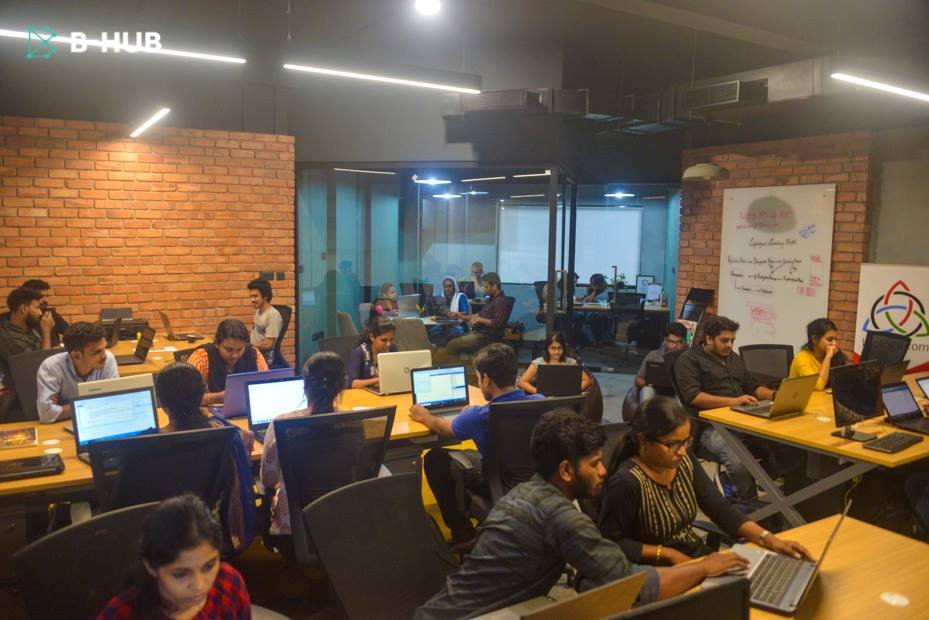
Work culture has been subjected to great innovations and changes over the years. Conscious and creative efforts have arisen from different zones to revamp the traditional working styles; with a view of making it more productive and social. One could notice a considerable change in working environment over time, as work slowly transcended from conservative office cubicles to alternate spaces like homes, libraries and coffee shops.
A place where one could walk in with a laptop on a fine morning, that takes care of all work requirements, was a fresh idea that modified the concept of a conventional workplace. Coworking spaces bring people from different walks of life on a roundtable and provide a productive environment for one to work in while enjoying all facilities like high-speed internet, furnished rooms, conference halls, parking spaces, coffee shops, and other recreational facilities. Moreover, as the number of startups and entrepreneurship activities surge at a fast pace, a need for infrastructural facilities at significantly lower rates is what these spaces satisfy.
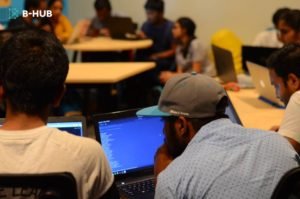
The concept of shared workspaces has paved way for new work hubs in Indian cities. After it gained popularity in the major Indian metros, coworking spaces are now focusing to expand towards tier II cities due to the presence of an active startup and entrepreneurial ecosystem, the availability of resources at much better prices, easy commuting purposes coupled with a vibrant young workforce. Studies indicate that not less than 30% of the digital workforce will be working from a coworking space by 2025.
Trivandrum has been witnessing a coworking culture for the past four years, thanks to the new set of modern coworking spaces that have come up in the city. These spaces have been warmly embraced by various communities in the city; experiencing high occupancy rate. Apart from bringing a change in the city’s work culture, the spaces have brought in a ‘meetup culture’; where people from tech communities and various other domains gather, cross-network and initiate discussion forums on various issues. These spaces have also disrupted the traditional models of hierarchy; where people in a company enjoy coffee together irrespective of their positions.
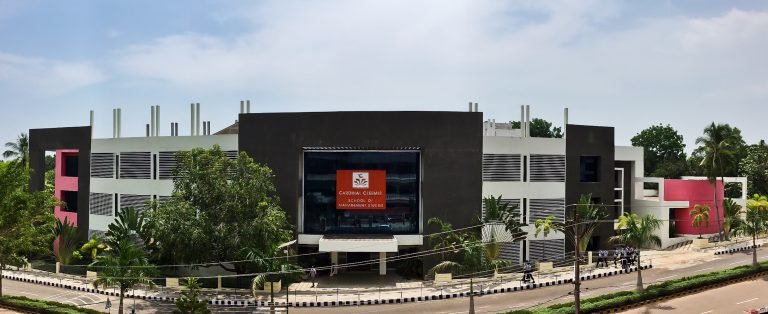

Apparently, there are many factors that differentiate B-Hub from a conventional coworking space. B-Hub hosts a standardized design configuration that enables the participation of various stakeholders like students, mentors, startups etc. Unlike accommodating everyone in a large room, different kinds of workspaces are configured to attract people of various domains at the same time, thereby enabling design networking.
While setting up productive workspaces, B-Hub also has an active learning platform. While many collaborative spaces allocate one room for learning activities, half of B-Hub’s space is allotted for learning. In times of automation, there’s an increased gap between market needs and what the educational institutions offer. B-Hub aims to bridge these gap by enabling a futuristic learning process named informal learning. Informal learning would be learning from mentors, peers, masters, leaders, communities, industries, digital and blended learning.
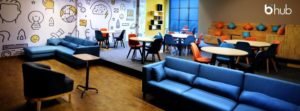
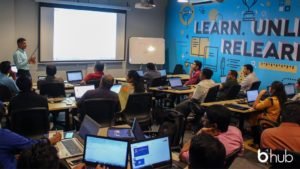

B-Hub has played a great role in changing the work culture of Trivandrum. Keeping in mind the mantra of balancing work and life, this space has fostered a meetup culture where people from various domains gather for events on a weekly basis. More than 30 plus events happen on a monthly basis, most of which would be conferences, meetups, workshops, challenges, hackathons, and discussions. These kinds of events pave way for building communities; thereby stimulating growth.
At present industries, corporates, and big companies approach B-Hub for accessing startups, talent bridges, also accessing innovations and solutions. It offers a two-way benefit for the individuals as well as companies; where individuals could access workshops like Machine learning in order to gain what the market requires; and the companies who could pool talents from this platform based on the available talent databases.

Another important aspect worth mentioning about is its location. B-Hub is situated in a knowledge ecosystem, surrounded by an aura of educational institutions. This space is an extension of these institutions where all those who dream to make it big can readily access the facilities available here. Creating talents is seen to be more important here while infrastructural facilities would eventually develop.
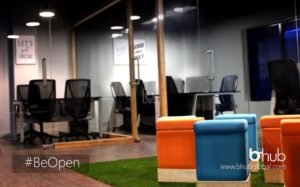
B-Hub extends to approx 30,000 sq.ft of space. 43 companies have onboarded B-Hub as per the annual report; with 223 coworkers working here and 105 new seats committed for November. It has state of the art learning and networking facilities consisting of meeting rooms, conference halls, plug and play workspaces that can accommodate 10-170 people at a time, and also flexi desks and dedicated spaces offered on an hourly and monthly basis. Also, the meetup culture has gained momentum with a total number of 381 events that happened in this year with 15000+ participants. Once fully operational, the facility will provide 600+ seats.
